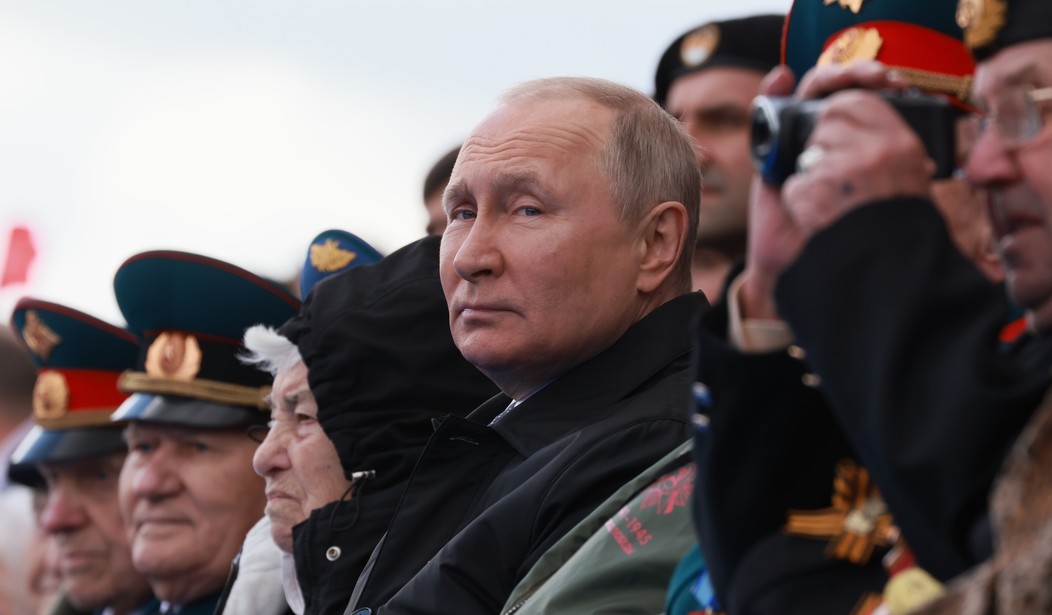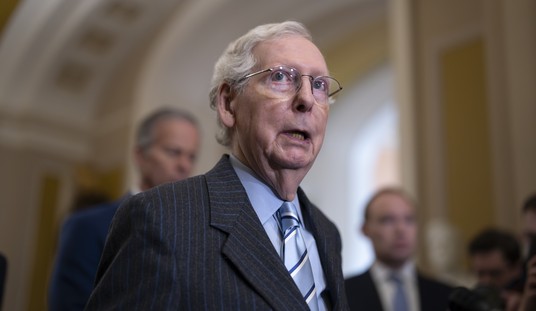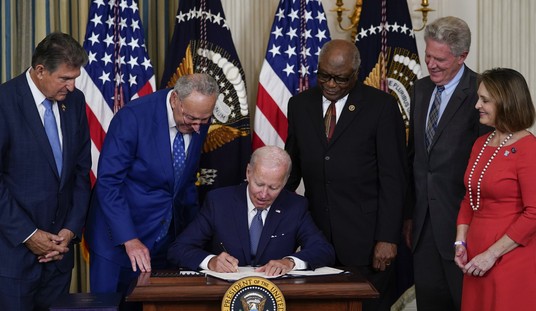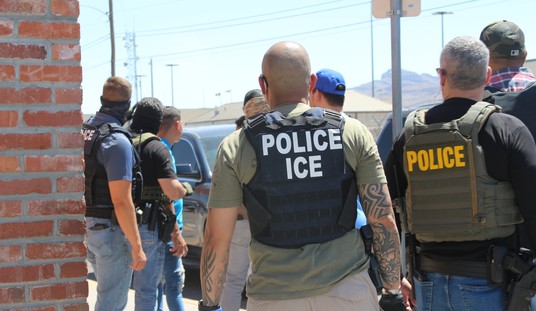For a man who just renounced his Russian citizenship in a blaze of publicity, billionaire oligarch Ruben Vardanyan surprisingly left a lot behind. He’s the founder and CEO of Russian investment bank Troika Dialog which became the now US-sanctioned Sberbank, former CEO of sanctioned Russian insurer Rosgosstrakh, and board member of Russian companies Sibur, Sollers, AvtoVAZ, and Moscow’s sanctioned Stock Exchange.
To amass, maintain, and then seemingly repudiate this questionable CV would not be possible for any man unaided – and certainly not in Russia for one as Vardanyan, born poor in Yerevan, capital of Armenia. Being a Russian-built but Armenian-native business giant is not something a man becomes through his endeavor but under the careful coordination of the Kremlin. Such a man’s return to his roots can only be manufactured in the same way.
Having “renounced” his Russian citizenship, Vardanyan has, out of the blue, take the role of State Minister of “Artsakh”–an illegal breakaway ethnic Armenian squatter-state. Unrecognized even by Armenia, the rogue exclave is located within Karabakh, the internationally recognized region of Azerbaijan. He is not from there, but now unelected State Minister Vardanyan holds a post akin to that of prime minister after public appointment by Artsakh’s renegade president. Few see anyone but Putin as truly behind his commission.
Russia has a special interest in the Caucasus, where Armenia and its neighbor Azerbaijan are located. Long viewed by itself and others as the unofficial arbiter and overseer, Moscow has maintained economic and military ties to all Caucasian countries. Yet as its post-Soviet clout declines under the weight of Ukraine war sanctions, the Kremlin is scrambling to keep its influence, and above all in Armenia - historically and presently the most Russia-centric Caucasian nation.
Recommended
The extent of Russia’s grip on Armenia’s economics, politics, and state is extraordinary: the country's entire energy production and the grid are Russian-owned; it hosts Russian military bases; Putin’s spy alma mater the FSB is under government contract to control borders; and the country presently chairs Moscow’s six-nation NATO copycat military alliance, CSTO. For the Kremlin to lose control there would be humiliation.
Enter Vardanyan. Being State Minister of this ethnic Armenian holdout in someone else’s country is merely a pathway to becoming prime minister of the real thing. The Russians know “Artsakh” is Vardanyan’s stepping-stone to take charge in Armenia– because in recent decades they have opened the doors to just this political segue twice before. Two prime ministers (both later presidents) of Armenia, Robert Kocharyan and Serzh Sargsyan, were first state ministers then presidents of“Artsakh” - building their political careers in the imposter-republic before Russian-facilitated entry into leadership in the Armenian capital Yerevan. That is surely the geopolitical equation Putin is calculating for Vardanyan.
And for the Kremlin this move has urgency. The current prime minister of Armenia, NikolPashinyan, is engaged in intense talks with neighboring Azerbaijan, aimed at bringing a historic resolution to these two long-warring nations. Azerbaijan’s decisive military victory in 2020, the last conflict between them, has led to the possibility of a deal that would see Armenia’s economic isolation cease and investment from its oil and gas-rich neighbor begin. Pashinyan – who rose to power through anti-Russian demonstrations - is a democrat, even winning re-election after he led his country to military defeat. He has recently gone so far as to formally recognize what the world does already: Azerbaijan’s sovereignty over all Karabakh, “Artsakh” included. Russia has little place in this peace.
Destabilizing these talks – and throwing anything in the path of Azerbaijan and Armenia reaching a deal – is now exactly what is occurring. Refreezing this conflict is the Kremlin’s overriding priority.
Under Vardanyan’s leadership, that operation has begun. Two long-closed gold mines in the illegally occupied territory of “Artsakh” have re-opened, and harvesting commenced so fast it is driving rapid pollution of groundwater, the need for large-scale deforestation to access the deposits, and the contamination of a main stem river vital for irrigation and the feeding of a reservoir for the whole region.
The expropriation of mineral resources in lands that do not belong to them is an intentional provocation by the ethnic Armenians of Karabakh; the pollution of critical water resources is calculated to draw Azerbaijan into confrontation; and the movement of stolen metals through a land corridor from “Artsakh” to Armenia which is controlled by Russian “peacekeepers” (a stipulation of the Moscow-brokered ceasefire agreement that ended the 2020 Karabakh war) is a deliberate a message from the Kremlin to all that they can and will act with impunity in the region.
It is hardly a surprise Azerbaijani environmental groups have begun taking matters into their own hands, their protests going so far as halting some of the convoys of illegally mined metals. To their credit, the Azerbaijan authorities have shown considerable restraint, doubtless realizing that despite the environmental severity the prospects for peace would be harmfully undermined should they take the bait and intervene directly.
What can be done therefore is in the hands of western powers. It is in the interests of the United States to reduce Russia’s malign hold over every country the world over. It is in Britain’s interests to see peace between these two Caucasian nations that could boost its extensive energy investment interests in Azerbaijan through expansion into Armenia. It is in the European Union’s interest to have peace between countries near its border.
All three therefore should consider slapping sanctions on Ruben Vardanyan, a disgrace he has so far avoided, despite being a Kremlin-made man. Indeed, doing so would be to follow Ukraine and President Zelenskyy’s lead: only this week they sanctioned Vardanyan for his role in supporting Russia in the war.
Vardanyan may no longer be a Russian citizen, but he cannot hide the fact he is and remains an extension of Moscow’s foreign policy. Vardanyan is not operating alone. Before he is allowed to shift from Artsakh to Yerevan to rein in an Armenian horse attempting to bolt from the Russian stable, he should be restrained.
























Join the conversation as a VIP Member